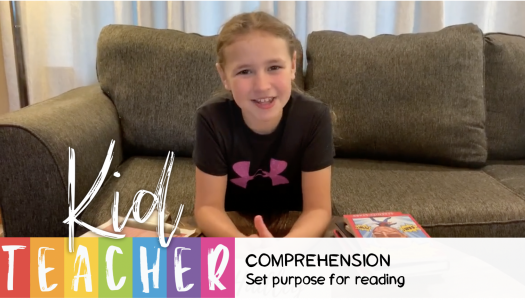Joan Moser
September 16, 2011

It has been a month since Cooper, a 5-pound bundle of puppy energy, entered and took over our lives.
Prior to his arrival, I devoured nonfiction information about raising a puppy and applied my new knowledge in preparation for Cooper. This involved shopping for puppy food, toys, a leash, crates, treats, and more. I made a "puppy plan" to help jumpstart potty training. I laid out puppy beds with cozy blankets. The night before he arrived, I felt nervous, but ready.
Then reality hit, and while the preliminary study and efforts helped, nothing truly prepared me for the dog that showed up. In the weeks that followed, lessons learned while raising the beloved ball of fur always seemed to have an application to my teaching life.
Similar to puppy preparation, we plan for a new group of students prior to a new school year. We buy materials, learn curriculum, and arrange the room so it is welcoming, beautiful and tidy. We envision the engagement, enthusiasm, great thinking and work that will happen while we are together.
Then the real class shows up...with their varied strengths, needs, likes, interests and idiosyncrasies. It is easy to get discouraged when there is a broad discrepancy between our expectations and reality. But we have a choice to make. We can choose to mourn over the class that never showed up, or relish the funny, diverse, quirky and needy one that did. We can be frustrated that we didn't get an "easy" class, or embrace the challenge of figuring out the best way to meet our most difficult student's behavioral and academic needs.
The choice we make will have a lasting impact on those we have charge over. Children know the difference between a teacher who is just there to do a job and one who is passionately devoted to helping them learn and achieve their goals. They all deserve the latter.
So continue to bring it on, puppy. I've got my camera in one hand for the moments you charm my socks off, and paper towels and carpet cleaner in the other for when you don't. I've learned that progress comes in small steps, and is a direct result of good problem solving, patience and love. Doesn't that ring true in your classrooms as well?




